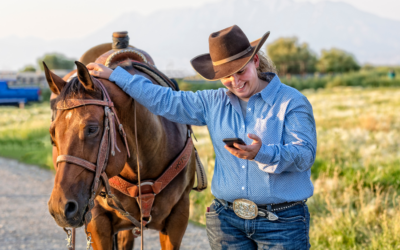Case Law
Williams-Henry v Associated British Port Holdings: Social Media Evidence Leading to Dismissed Personal Injury Claim
In a recent legal development highlighted by the Law Gazette, a claimant in Wales saw a £600,000...
Mohamud v. Juskey 2023 ONSC 4414 Ruling Introduces Social Media Disclosure in Ontario
In a closely watched decision, the Ontario Superior Court’s ruling in Mohamud v. Juskey, has redefined the legal landscape, emphasizing the need for comprehensive disclosure of social media content by plaintiff lawyers in their client’s Affidavit of Documents (AOD).
New York County Court Balances the Privacy and Utility of Social Media Evidence
New York County Supreme Court held that the defendant failed to show the plaintiff’s social media postings as discoverable by the court.
Florida Courts Decide Relevancy of Private Social Media in Levine v. Culligan 2013
A defendant in a Florida court does not meet the basis for earning access to the plaintiff’s private social media contents.
Montana Court Grants Access to Plaintiff’s Social Media Activity
Montana federal court finds evidence from social media that undermines a plaintiff’s injury claim.
Social Media Activity Reveals False Claims of Plaintiff’s Restricted Physical Abilities in Montana
Montana court presented with evidence from social media that contradicts a plaintiff’s restricted physical capabilities claims.






